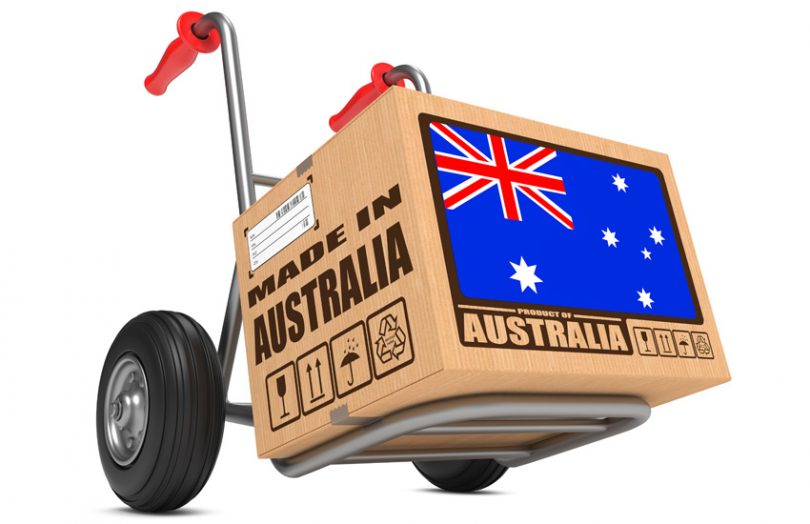On 28 August 2020, the Australian government announced two new National Blockchain Roadmap Working Groups: the Supply Chains Working Group and Credentialing Working Group. Together they’ll support the roadmap’s Steering Committee in progressing analysis on blockchain cases in Australia, with a particular focus on credentialing in education and agricultural supply chains. Amidst the coronavirus pandemic, these are two of Australia’s largest exports.
The roadmap itself was created by Australia’s Government earlier this year to fully realize blockchain potential in multiple sectors, including innovation, regulation, and investment. The committee is made up of various academic, industrial, and governmental experts to oversee the roadmap.
The Supply Chains Working Group will examine blockchain’s benefits in trusted supply chains, especially in agriculture. Australia has already used blockchain technology in numerous projects.
Article continues …

Want the full story? Pro subscribers get complete articles, exclusive industry analysis, and early access to legislative updates that keep you ahead of the competition. Join the professionals who are choosing deeper insights over surface level news.






